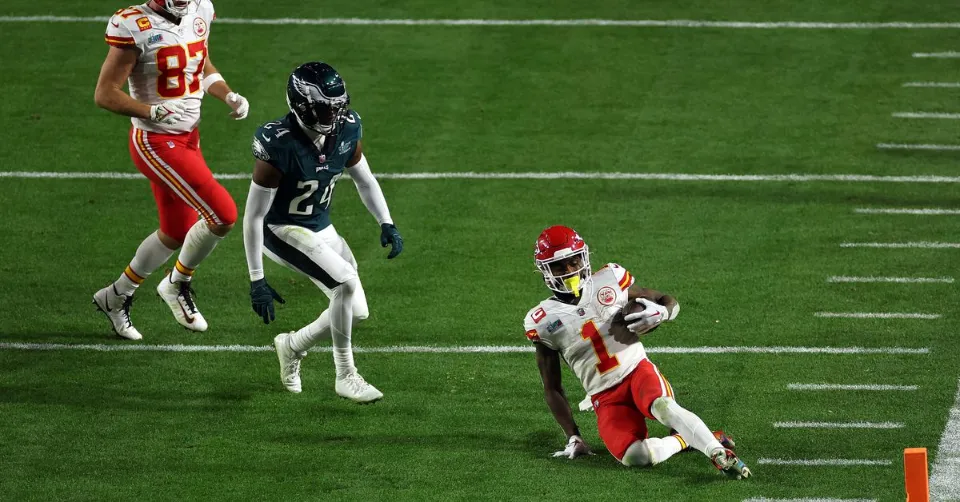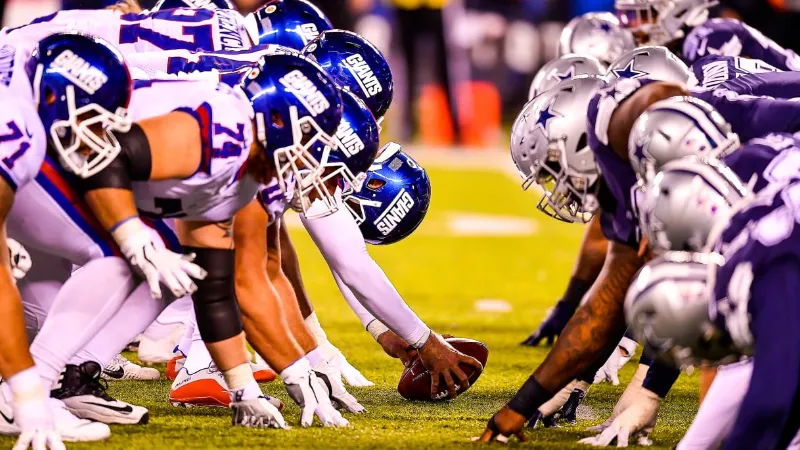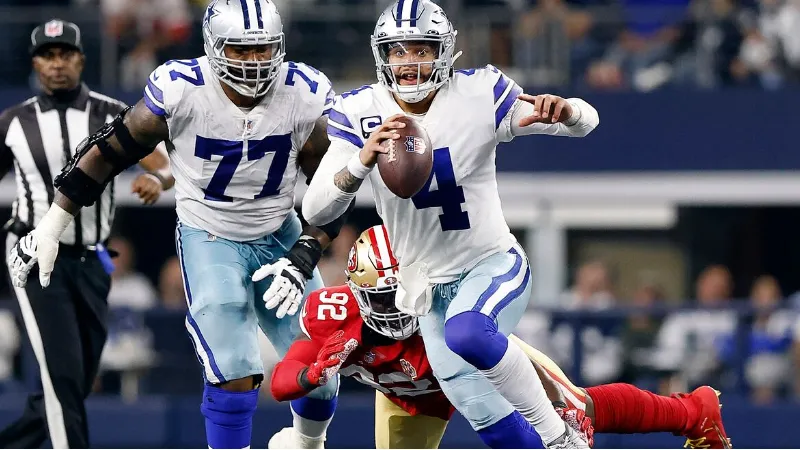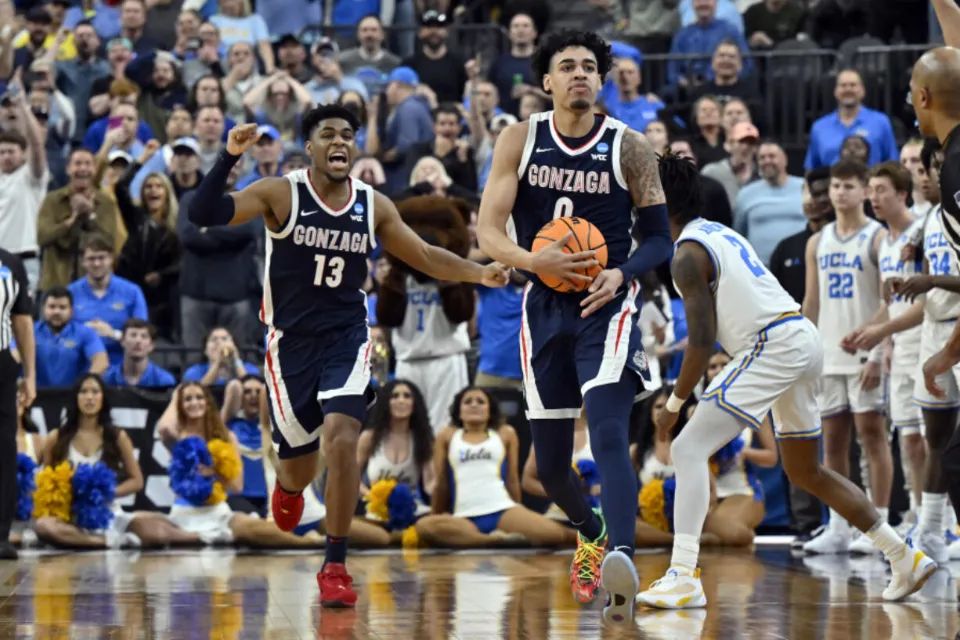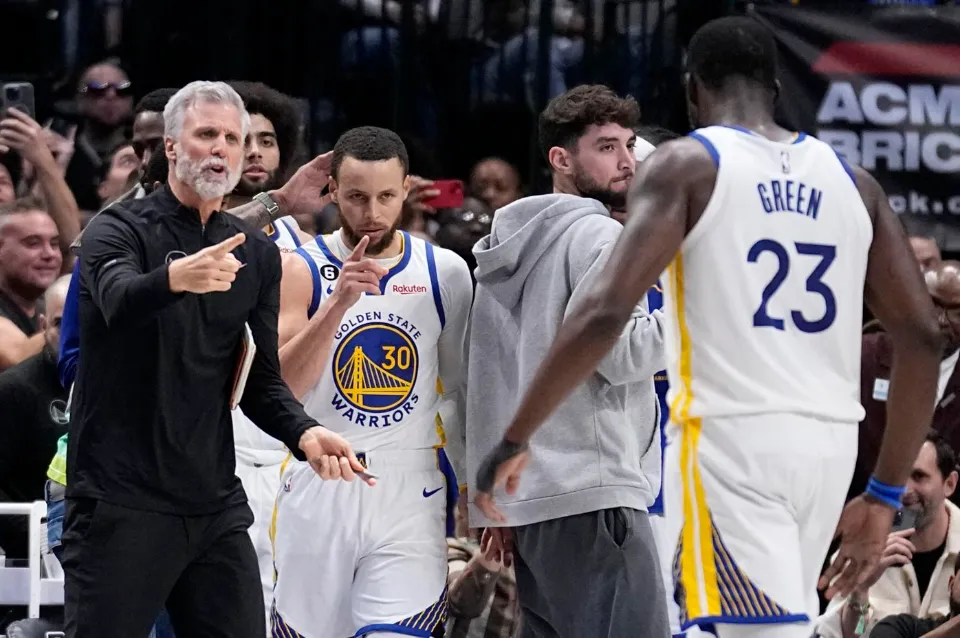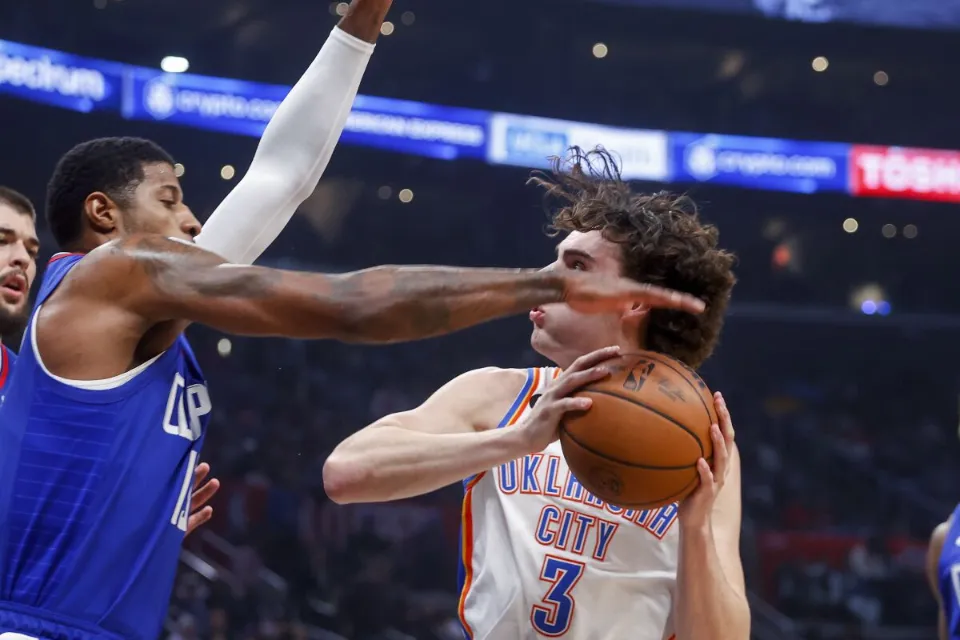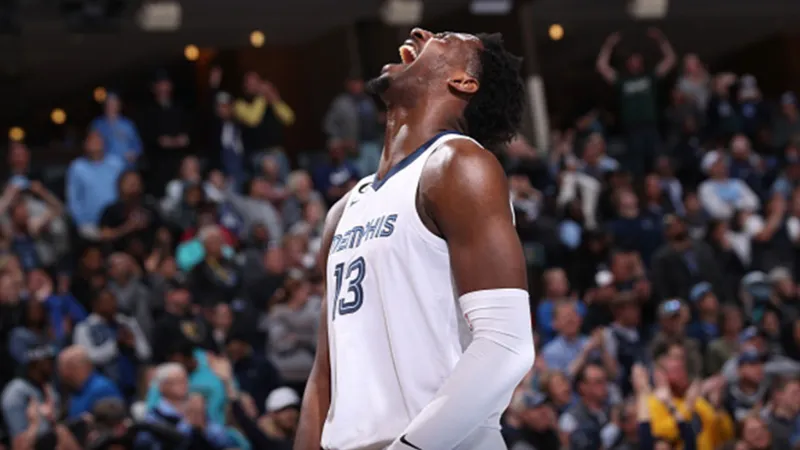Is Creatine Illegal in NCAA? All You Want to Know
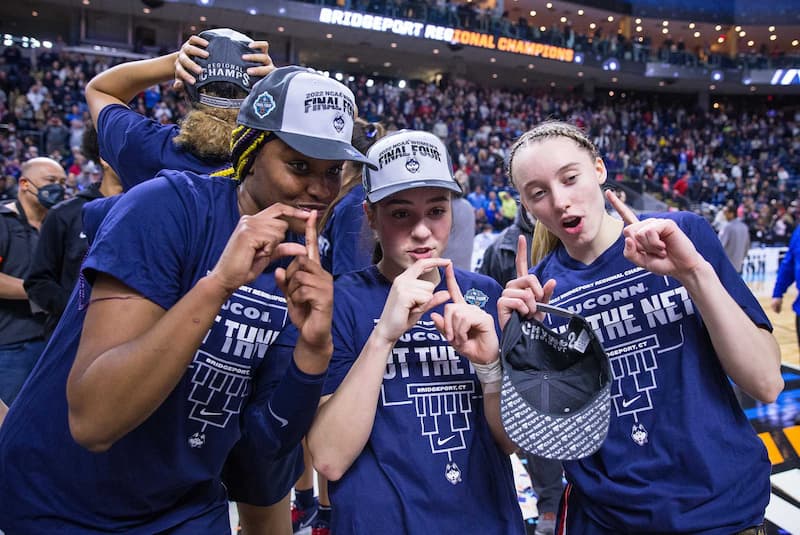
Here’s the common question, Is creatine illegal in NCAA? Can you eat creatine if you’re an athlete? Discover more about creatine by reading the post.
Creatine is not illegal in NCAA. Although there may be a small performance boost from creatine, these effects are not guaranteed, and the particular training regimen is still the most important factor.
Table of Contents
What is Creatine?
Muscles have a molecule called creatine that can aid in the production of energy. A phosphate is then added to the creatine molecule in the body to produce phosphocreatine, which is produced naturally from amino acids. Phosphocreatine is the key component of the body’s “immediate” energy system and provides enough energy for about 10 seconds of high intensity activity. Once the muscles’ supply of phosphocreatine has been depleted, the body must switch to another energy source while new phosphocreatine is being produced.
Physical performance is hampered when phosphocreatine is in short supply during repeated high-intensity efforts (such as team sports). Theoretically, increasing your muscle’s creatine content will hasten the formation of phosphocreatine in between efforts and enhance your performance.
Is Creatine a Banned NCAA?
substances* prohibited by the NCAA (e.g., stimulants, anabolic steroids, testosterone products, marijuana) and impermissible Supplements for nutrition that student-athletes at NCAA member institutions may not receive (ex., creatine, amino acids, ginseng, most energy or stimulant drinks)].
What Supplements Are Banned by the NCAA?
Growth hormone (hGH), Human Chorionic Gonadotropin (hCG), Erythropoietin (EPO), IGF-1 (colostrum; deer antler velvet), and Ibutamoren (MK-677). Insulin, Synthroid, and Forteo are exempt from the ban.
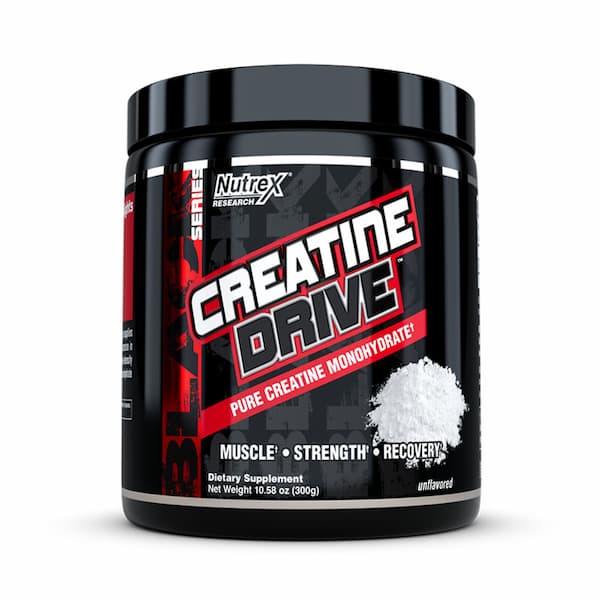
Is Preworkout Allowed by the NCAA?
What is the threshold if you can have coffee, soda, and all other caffeinated drinks and still pass? Before failing a test, the NCAA sets the caffeine limit at 300 mg. You are able to consume 90% of the pre-workouts on the site when it comes to supplements.
What Supplements Are Banned by the NCAA?
Growth hormone (hGH), Human Chorionic Gonadotropin (hCG), Erythropoietin (EPO), IGF-1 (colostrum; velvet from deer antlers), and Ibutamoren (MK-677). For example, Forteo, Synthroid, and Insulin are not prohibited.
Can Creatine Make You Fail a Drug Test?
As a result, taking creatine while undergoing a drug test will produce unfavorable results because of matrix adulteration. In the event that creatine supplementation is suspected, the sample’s creatine content should also be ascertained.
Are Creatine Supplements Safe?
Although prolonged use (up to four years) has not yet been linked to any long-term health risks, some users have experienced short-term water retention and decreased urinary volume, which can cause bloating and temporary weight gain of 2–5 pounds. A possible heightened risk of compartment syndrome and cramps has also been noted.
Athletes should use creatine supplements with caution because they all carry some anti-doping risk because of the post-market regulatory process, which allows for the entry of products contaminated with prohibited substances onto store shelves.
Is Creatine a Drug?
In the body, creatine is a substance that occurs naturally. Red meat and seafood also contain it. The effectiveness of exercises and the size of muscles are frequently improved. Creatine is necessary for the production of muscle energy.
Conclusion
Creatine is not illegal, no. Despite having little effect on performance, creatine cannot ensure the result. The particular training program is still the most significant.
The following are typical queries.
FAQs
Is Protein Powder Banned by NCAA?
A rule restricting how much protein could be included in supplements given to student-athletes by a school has been overturned by the NCAA.
Is Muscle Milk NCAA Approved?
“The NCAA does not ban Muscle Milk for use by student-athletes,” Wilfert said. “IGF-1 was listed as a prohibited ingredient on the label of the original Muscle Milk formula, but this is not the case anymore.” Club track and field athlete Gebran Mansour said he would disapprove of a teammate using the drug.
Can a 17 Year Old Athlete Take Creatine?
The American Academy of Pediatrics and the American College of Sports Medicine concur that teenagers should not use performance-enhancing supplements, such as creatine.
Can You Play Basketball With Creatine?
Increased muscle mass, greater muscular endurance, and enhanced cognitive function are all promoted by creatine. It is simple to understand how a supplement like Creatine might benefit basketball players. When used in conjunction with a plyometric exercise program, creatine is an excellent supplement that can be taken before a game or training session.
Can College Football Players Take Creatine?
The effectiveness of creatine This supplement, which boosts strength and muscle mass, is also very well-liked by football players. It enhances performance and speeds up muscle recovery following exercise.
Why is Creatine Not Banned in the US?
Because creatine occurs naturally in the body in a variety of concentrations, its use is not prohibited for the main reason that it is. What are the top 5 supplements for skin, hair, and joints that contain collagen? Creatine
Read about
